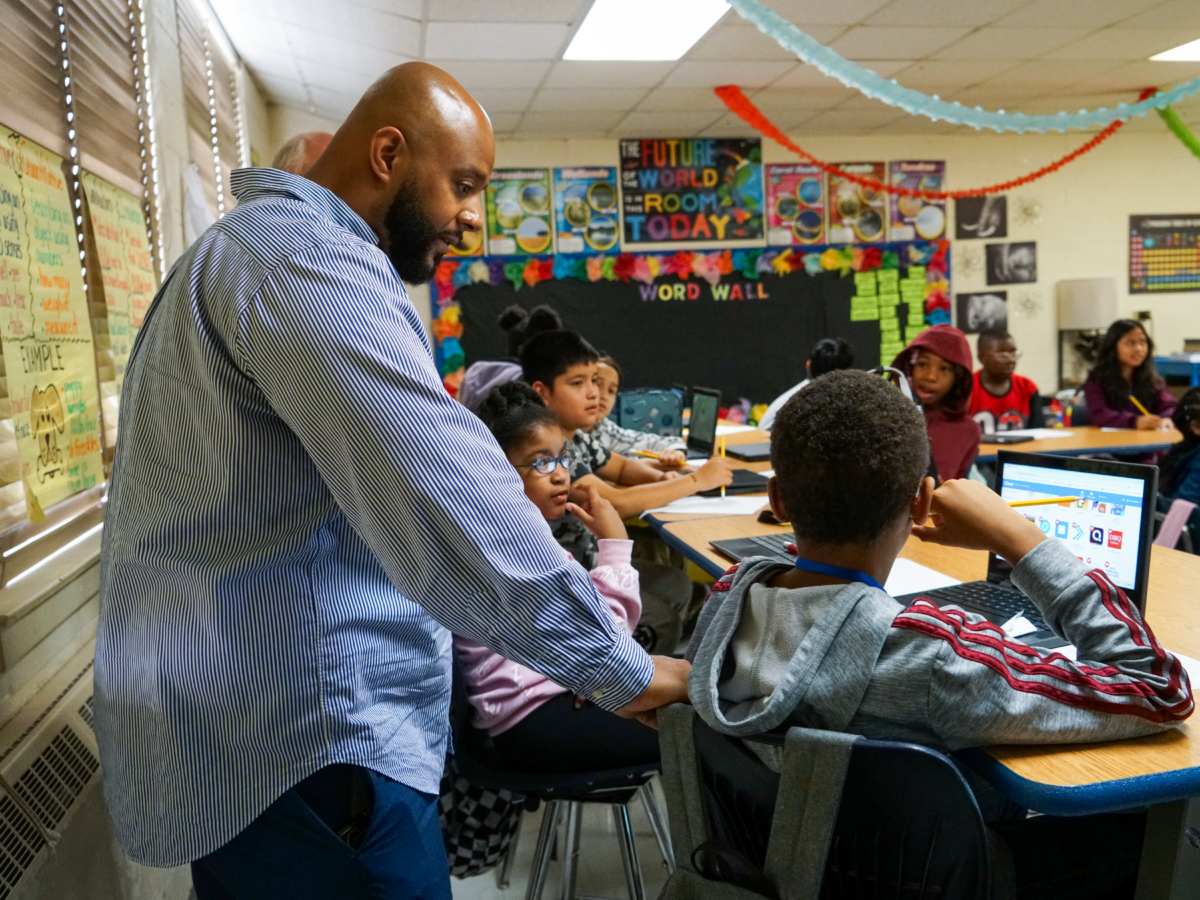
For fifteen years, I’ve studied, taught, and supported school leadership in North Carolina, guided by one goal: Strengthening our pipeline of effective principals. Now, a North Carolina Senate proposal threatens to dismantle one of the most critical elements of that pipeline: Principal internships.
Two key findings from research underscore what’s at stake. First, after teachers, principals are the most important school-based influence on our children’s education. While teachers directly impact their students, principals shape the entire school — students, teachers, and families alike. They set the tone for learning, drive school improvement, and create the conditions for others to succeed. As my colleagues Jason Grissom, Anna Egalite, and Constance Lindsay wrote in their landmark review, “It is difficult to envision an investment in K–12 education with a higher ceiling on its potential return than improving school leadership.”
Second, principal internships are the most important component of high-quality leadership preparation. Theory, simulations, role plays, and school site visits are valuable. But decades of research converge on a single truth: Nothing prepares future principals more effectively than a full-time internship.
My own research confirms this. In study after study, I’ve found that internships provide aspiring principals hands-on experiences with the demands, dilemmas, and daily decisions of leadership under skilled mentors. In statewide studies with colleagues Kevin Bastian and Andrew Otte at EPIC, we found that North Carolina interns with strong mentors advanced faster and performed better as early-career assistant principals.
Given the overwhelming evidence, I was stunned by the Senate budget proposal, which eliminates both funding for internships and the requirement that principals complete one. This proposal is a dangerous step backward.
When I travel, I’m proud to represent a state with a strong reputation for educational innovation and leadership investment. Our university-based preparation programs are among the best in the nation, thanks largely to state-funded internships and strong district partnerships. The Principal Fellows program is admired nationwide. Dr. Lauren Lampron, Director of Principal Fellows, described the stakes clearly: “Without a funded internship, too many candidates will enter the role without the experience needed to succeed. Cutting this investment does not just impact individual candidates; it weakens the entire pipeline of future school leaders, at a time when our public schools can least afford it.”
I also reached out to those who know this work best — our North Carolina Principals of the Year — to ask what this proposal would mean for future leaders and their schools and communities. Their responses were unequivocal.
Dr. Rob Jackson (P.O.Y. 2011) emphasized that “greatness is birthed in preparation.” Internships, he said, are what allow aspiring principals to “learn on the job” by observing and interacting with “master leaders.”
Matt Bristow-Smith (P.O.Y. 2019) echoed the sentiment: “Without this critical internship experience, my MSA program would have been all theory and no practice… My path to the principalship would have been much harder and longer.”
Dr. Elena Ashburn (P.O.Y. 2021) wrote: “The internship experience is the best way to equip future principals for the incredible complexities of running a school. Our kids deserve nothing less.”
And Dr. Patrick Greene (P.O.Y 2022) argued: “Nothing can replace the hands-on experience” of a full-time internship. “Removing the internship would be removing one of the most vital pieces of the MSA experience.”
Senator Berger recently remarked that budgets are “multi-billion dollar puzzles that… have to [be] put together carefully.” True. But not all puzzle pieces are equal. Interns not only learn vital skills that will serve them as future leaders, they contribute directly to our schools. During the 2022-23 school year, UNC-system principal interns worked in about 275 schools serving over 200,000 NC students, which is about 1 in 8 public school students in the state. Principals across the state can attest to their positive impact.
As the House votes on its budget and moves toward reconciliation with the Senate, I hope legislators remember that strong schools depend on strong principals — and strong principals require deliberate, real-world preparation. Eliminating internships doesn’t save money; it shifts costs directly onto schools and students. North Carolina cannot afford to weaken its leadership pipeline. The cost to our schools, students, and state is far too high.
